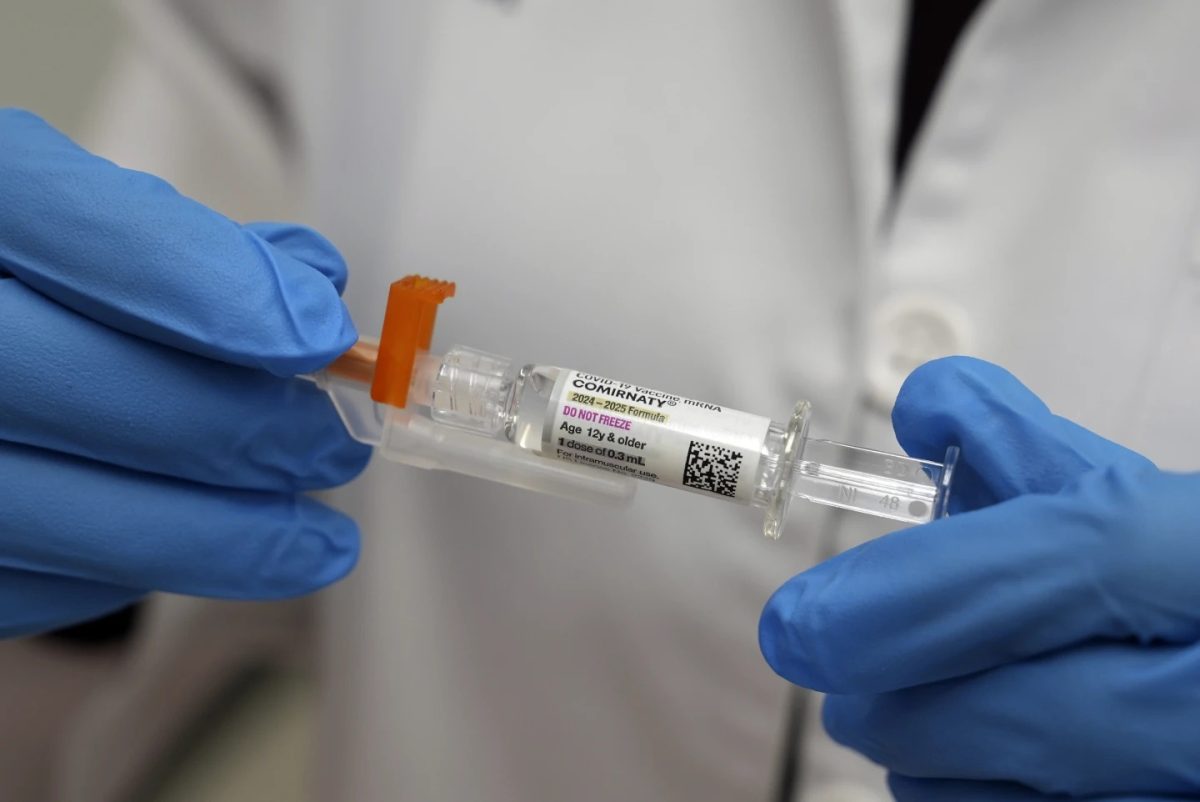If you graduated from a Louisiana university in 2012, you would owe on average nearly $23,000 in student loan debt. Based on national figures compiled by the Project on Student Debt, about 70 percent of 2012’s U.S. graduates had an average student loan debt of $29,400.
According to the Child Welfare League of America, 10,119 minors were victims of abuse or neglect in Louisiana in 2013. Of these children, 87.2 percent were neglected, 18.8 percent were physically abused and 6.9 percent were sexually abused.
Many people rely on their parents for financial support throughout college, and if you are one of the many young adults in America who have experienced parental abuse or neglect, you know how painful financial dependence can be. You also know just how hard it is for an abused or neglected 18-year-old to break away from that dependence.
When you turn 18, you reach the “age of majority” and are no longer required to live as a minor under parental control. However, when it comes to applying for federal financial aid, you are not considered fully independent until the age of 24. Students are automatically considered dependents unless they fight and prove they are completely independent from their parents.
To declare yourself as an independent on the FAFSA, you must file a “Dependency Review Form” and provide documentation explaining your situation.Your case is then reviewed by a committee or financial aid office at your college. Most students will not qualify for a change in status because the circumstances need to be extreme, such as provable abandonment or abuse, to be considered for independent status.
“Proving independent status is an arduous task, requiring police and medical reports showing abuse or evidence that parents are dead, in jail or in rehab as well as letters from teachers and friends’ parents who can corroborate your story,” said freelance writer Samantha Stainburn in her article for The New York Times.
If you spent your entire adolescent life aching for the day you get to leave your parents house without looking back, the FAFSA helps ruin your light at the end of the tunnel. Many abused and neglected minors do not have the paperwork to prove their situation, so the inability for many students to become legally independent at 18 helps continue a cycle of extensive and unending mistreatment.
If you are 16 or 17 and wish to be emancipated in Louisiana, you must obtain parental approval, get married with parental approval or go through a lengthy court process. If you go through the court, you must file an affidavit, statements proving independence, verification of employment and another affidavit from either your parents or other close adult who believes emancipation would be in your best interest. You will be charged a fee ranging from $150 to $200, and you will then have to attend a preliminary hearing and a final court hearing, in which a judge will determine whether or not you are suited for emancipation.
Becoming emancipated will take months, and it could take even longer if you or your parents disagree with the ruling. If you are emancipated and your parents do not approve, they can appeal the court and lengthen the process even more.
If you are someone who becomes emancipated, it is harder for you to make a successful life for yourself. It will be hard to begin college because you will have to support yourself before you even graduate high school, and you may get so wrapped up in paying your bills that you find you cannot fit higher education into your life at all.
Young adults need to be able to live on their own without having to fight the system just to survive.
If our young people are doing well, then our country is doing well. It is time to invest in our youth and let them know that, no matter where they come from, they have the ability to stand on their own and become whatever they want to be.
Lynne Bunch is an 18-year-old mass communication freshman from Terrytown, Louisiana.
Opinion: Young adults need an easier path to financial independence
By Lynne Bunch
February 22, 2017
Cartoon: Liberty







